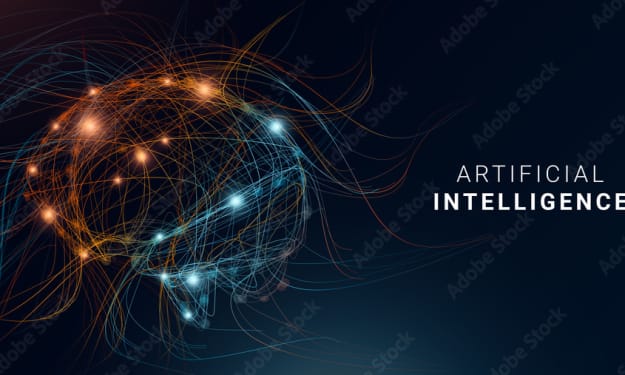The Future of AI
Collaboration of human mind and artificial intelligence

Artificial Intelligence (AI) is an ever-evolving field that has already impacted our lives in numerous ways. From virtual assistants like Siri and Alexa to self-driving cars, AI is revolutionizing how we interact with technology. But what does the future hold for AI? In this article, we will explore the potential developments in AI and its impact on society.
One of the most significant advancements in AI is the development of neural networks. Neural networks are designed to learn and improve through experience, much like the human brain. This technology is used in a variety of applications, including image recognition, natural language processing, and autonomous vehicles. As neural networks become more sophisticated, they have the potential to revolutionize many industries, including healthcare, transportation, and manufacturing.
Another area of AI that is rapidly advancing is machine learning. Machine learning algorithms use large data sets to learn and improve their performance over time. This technology is already being used in applications such as fraud detection, recommendation systems, and personalized advertising. As the amount of data available increases, machine learning algorithms will become even more powerful, enabling more accurate predictions and recommendations.
One of the biggest challenges facing AI is the ability to understand natural language. Natural language processing (NLP) is the area of AI that focuses on this challenge. Currently, NLP is being used in applications such as chatbots and voice assistants. However, as the technology improves, it will be able to understand more complex language, including idioms and sarcasm. This will enable more natural and intuitive interactions with technology.
As AI technology advances, it will also become more accessible to individuals and smaller businesses. Cloud-based AI services are already available, and these services will become even more affordable and easier to use. This will enable businesses of all sizes to take advantage of AI technology and gain a competitive advantage.
One of the most exciting applications of AI is in the field of medicine. AI is already being used to diagnose diseases, predict patient outcomes, and develop new treatments. As the technology improves, it will become even more valuable in healthcare. For example, AI could be used to develop personalized treatment plans based on a patient's genetic makeup and medical history.
However, there are also concerns about the impact of AI on society. One concern is the potential loss of jobs due to automation. As AI technology advances, it will be able to perform tasks that were previously done by humans. This could lead to significant job losses, particularly in industries such as manufacturing and transportation. However, there is also the potential for new jobs to be created in areas such as AI development and maintenance.
Another concern is the potential misuse of AI technology. For example, AI could be used to create autonomous weapons or to develop surveillance systems that infringe on privacy. To address these concerns, it will be essential to develop ethical guidelines for the development and use of AI technology.
Finally, there is the concern that AI could be used to perpetuate bias and discrimination. AI algorithms are only as good as the data they are trained on, and if the data is biased, the algorithm will also be biased. This could result in discrimination against certain groups, such as women and people of color. To address this issue, it will be essential to ensure that AI algorithms are trained on unbiased data and that they are designed to be transparent and explainable.
In conclusion, the future of AI is exciting and full of potential. As the technology advances, it will continue to revolutionize many industries and improve our lives in numerous ways. However, it is also important to consider the potential challenges and ethical concerns associated with AI. By developing ethical guidelines and ensuring that AI technology is transparent and explainable, we can ensure that it is used for the benefit of society as a whole.
About the Creator
Finhas Assad
Here, you can find many interesting and amazing topics to elevate your knowledge about this world.






Comments
There are no comments for this story
Be the first to respond and start the conversation.